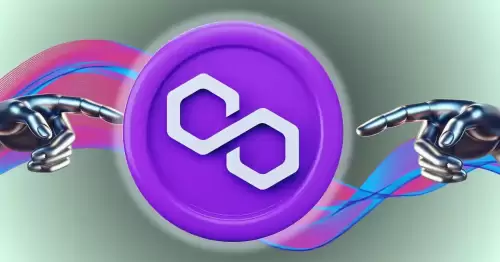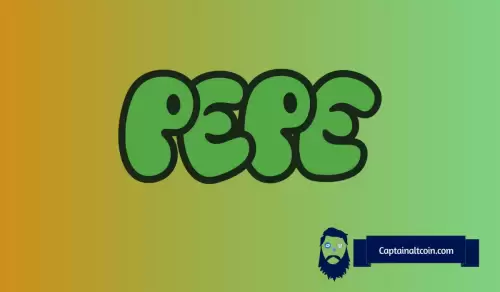 |
|
 |
|
 |
|
 |
|
 |
|
 |
|
 |
|
 |
|
 |
|
 |
|
 |
|
 |
|
 |
|
 |
|
 |
|

Artificial intelligence (AI) is rapidly advancing, blurring the lines between real and synthetic online interaction. As a result, there is an urgent need for a secure and verifiable way to distinguish humans from AI bots.
World, a crypto project aiming to create a global identity standard, is hoping to fill this void. The project uses biometric scans of individuals’ irises to create unique, anonymized IDs that grant access to World’s crypto ecosystem and its Worldcoin token.
However, the technology has met with skepticism and privacy concerns in multiple countries.
Spain’s data protection agency blocked World’s operations last year over concerns about the collection of minors’ data. Similar regulatory scrutiny followed in France, South Korea, Hong Kong, Portugal, and others. However, the group claims all biometric data remains anonymous.
World’s US entry comes on the heels of Trump’s pledge to make America “the crypto capital of the planet.” That pivot in policy has opened the door for Altman and his venture to reposition the US at the centre of its operations after previously lamenting a climate of regulation that made domestic expansion untenable.
“There were very good reasons why we focused on making sure that the product worked in the entire world before coming to the United States,” said Adrian Ludwig, chief architect at Tools for Humanity, the company behind World. Among those reasons were significant regulatory risks.
World has raised around $200 million in funding from major venture firms including Andreessen Horowitz, Khosla Ventures, and LinkedIn co-founder Reid Hoffman.
World is now partnering with dating app giant Match Group to verify users on platforms such as Tinder, a move the company says could enhance safety and reduce online scams. Ludwig also said the technology could be integrated into social networks, including potentially OpenAI’s rumoured platform—or even rival services like Elon Musk’s X or Meta.
The company is exploring smaller, handheld versions of its orbs and plans to eventually integrate its identity system into everyday devices like webcams or smartphones.
Despite facing criticism over privacy, Ludwig emphasized that the platform’s long-term viability would be shaped by its utility and revenue model.
“In 18 months or so we will begin to see the costs of operating the network begin to be offset by the fees that are generated by the network,” he said.
World is currently unprofitable, but Altman and his team are betting that as AI deepens online deception, the need for verified digital identity will only grow.
免責事項:info@kdj.com
提供される情報は取引に関するアドバイスではありません。 kdj.com は、この記事で提供される情報に基づいて行われた投資に対して一切の責任を負いません。暗号通貨は変動性が高いため、十分な調査を行った上で慎重に投資することを強くお勧めします。
このウェブサイトで使用されているコンテンツが著作権を侵害していると思われる場合は、直ちに当社 (info@kdj.com) までご連絡ください。速やかに削除させていただきます。






























































